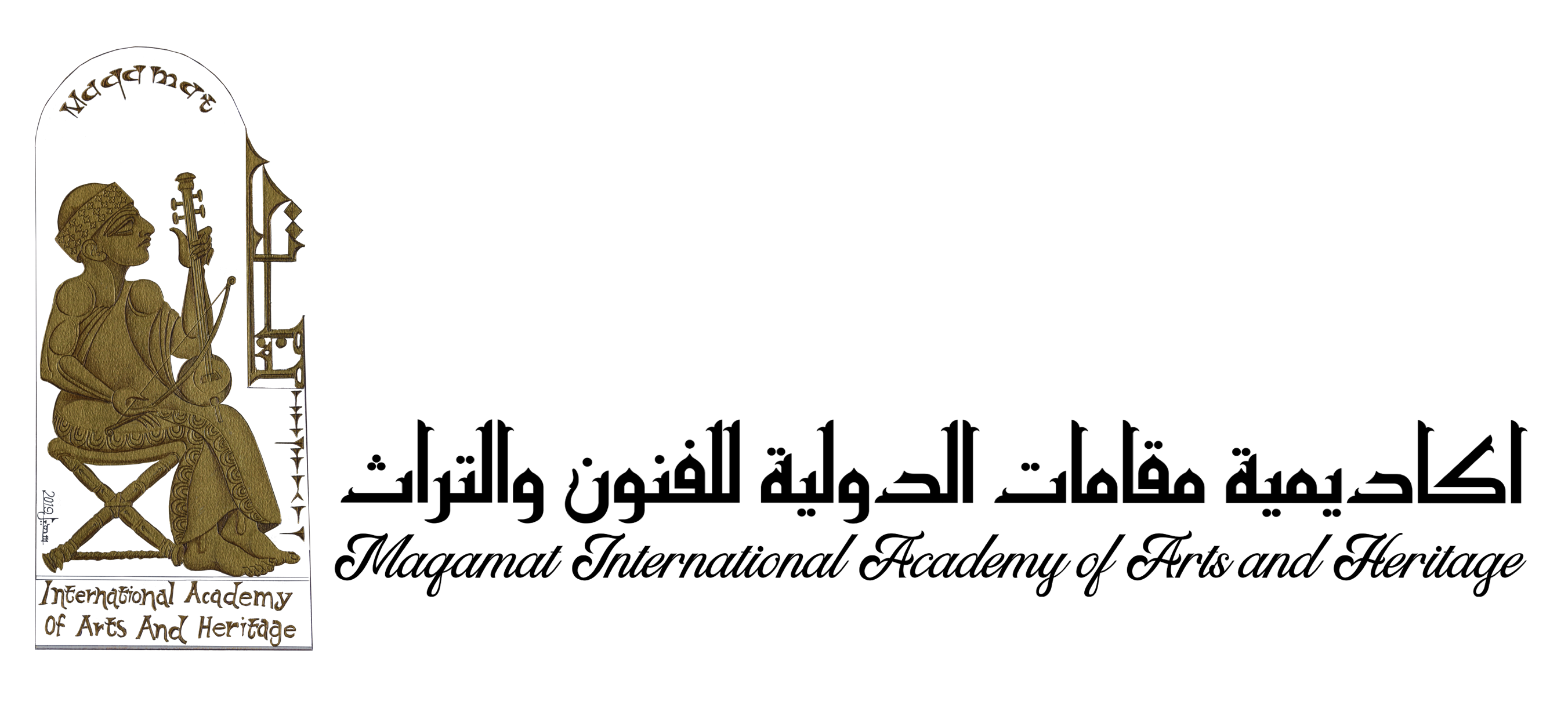Voice (Choir)

We are building our choirs (Adults & Children), if you like to sing get in contact with us as quickly as you can, places are limited.
Join here

The Arabic music choir (called jawqa) is part of a long-standing tradition of monophonic choirs that includes Gregorian and Byzantine choirs, among others. These choirs always sing a single melody in unison, except during solos, when only one singer performs. Choirs in this context do not mean backing vocalists supporting the main singer, but rather a group of singers who deliver the vocal part as a unit.
While Arabic choirs were traditionally male-only, in the 20th century Arabic choirs started emulating Western classical choirs by including both men and women and by using a conductor. These choirs may or may not be supported by an instrumental ensemble. By far the most common genre performed by modern Arabic choirs is the muwashshah, since historically that genre was a group singing exercise anyway.
Unlike Western classical music choirs that perform harmonic music and include multiple parts (soprano, alto, tenor, and bass), each singing a different melodic line, Arabic choirs do not have separate parts, nor do they use harmony. Instead, they use a few basic arrangement techniques that help them avoid a long and monotonous unison for an entire performance. The men and the women often alternate parts instead of singing every line together. Some lines can be reserved for a solo singer. Solo lines can be either composed or improvised. This creates an opportunity for a call and response between the solo singer and the rest of the choir. Many muwashahat have a section (called khana) that lends itself well to such an arrangement. In that case, the soloist can repeat a line as many times as he or she wishes, and with every repetition, he or she may slightly vary the melody, ornament it differently, or modulate it into a new maqam (see chapter 5: Ornamentation for more discussion of this practice). The rest of the choir keeps singing a constant response until the soloist is done with his or her part and rejoins the unison.
Inside Arabic Music
Johnny Farraj and Sami Abu Shumays
Send Us a Message Anytime!
Info
Contact or Visit Us
Email Address
info@www.maqamat.academy.academy
Location
309 Queen St South,
Mississauga, Ontario
L5M 1L9
Phone Number
General Info: +1(437)228-5025

